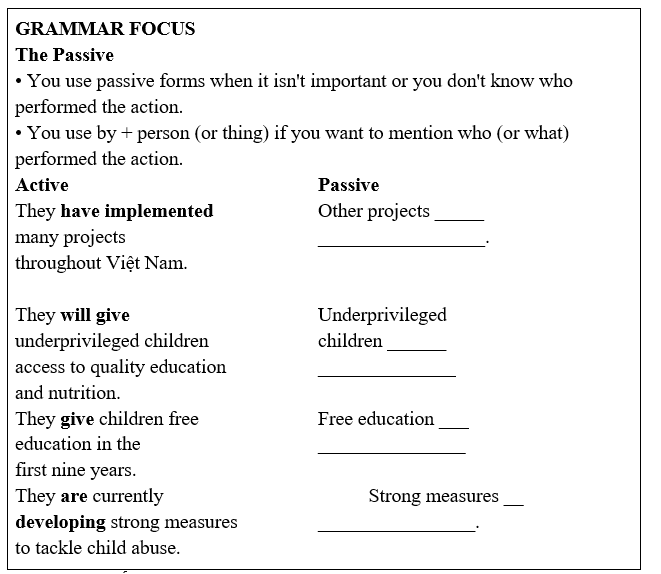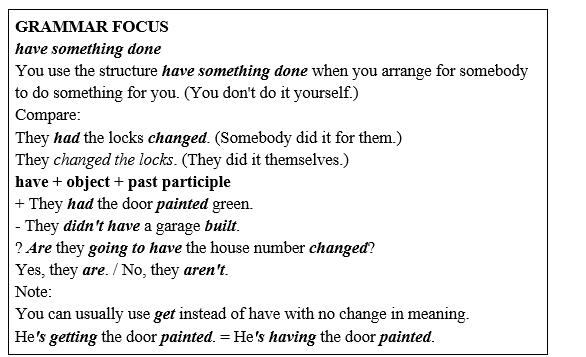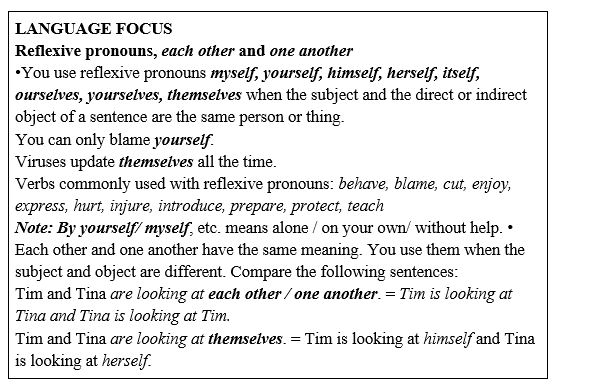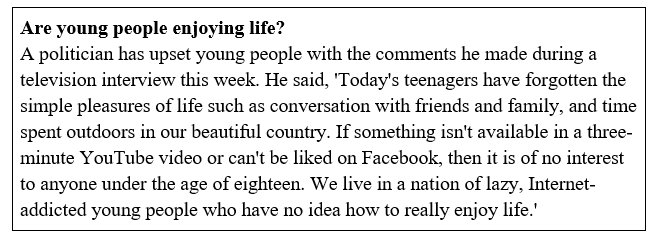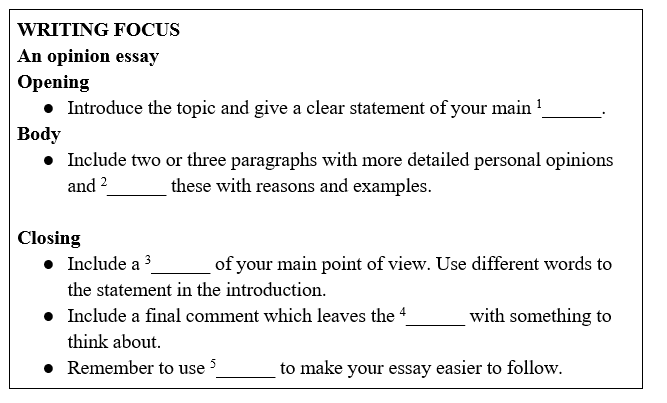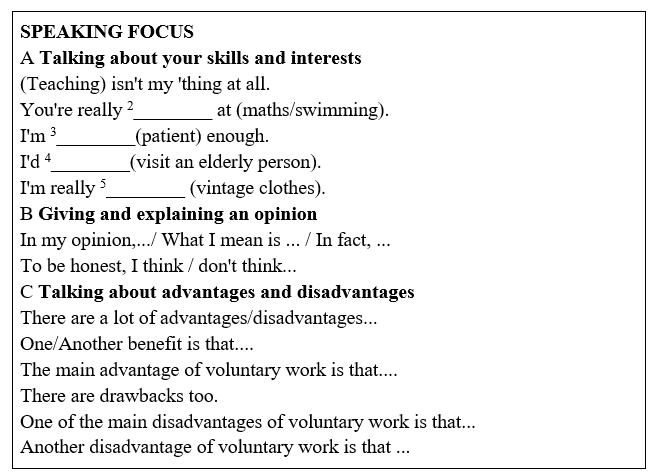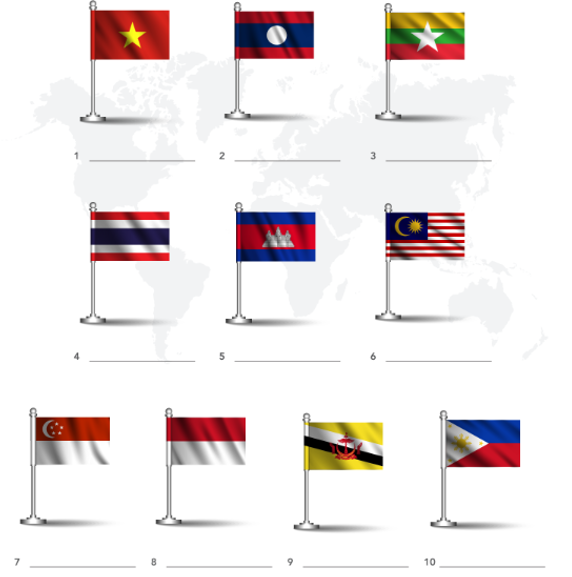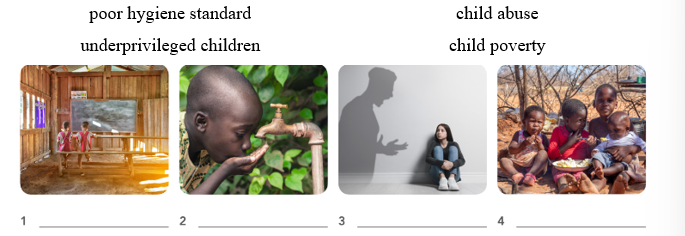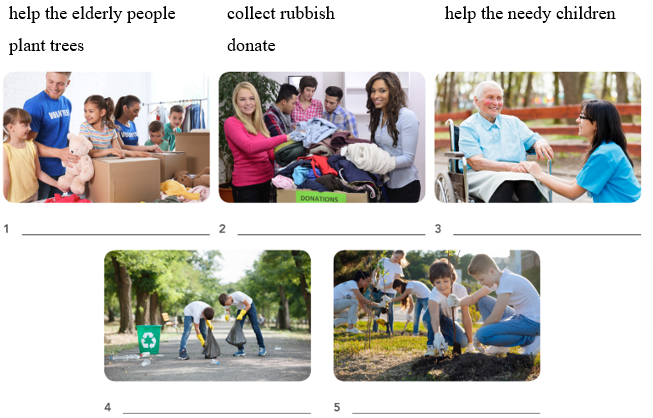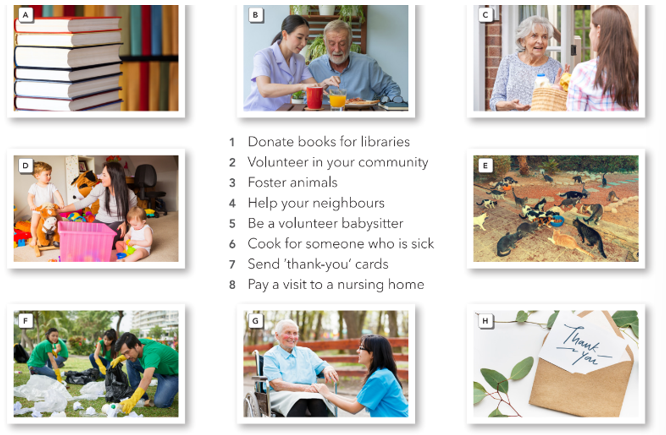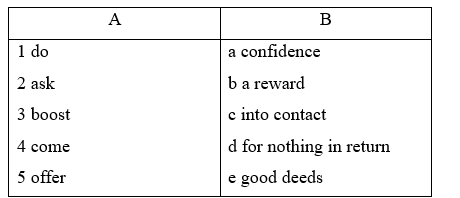UNIT 1. EAT, DRINK AND BE HEALTHY
Bài tập Unit 1
UNIT 2. GET WELL
Bài tập Unit 2
UNIT 3. GLOBAL WARMING
Bài tập Unit 3
UNIT 4. PLANET EARTH
Bài tập Unit 4
UNIT 5. HERITAGE SITES
Bài tập Unit 5
UNIT 6. ON THE GO
Bài tập Unit 6
UNIT 7. INDEPENDENT LIVING
Bài tập Unit 7
UNIT 8. CITIES OF THE FUTURE
Bài tập Unit 8
UNIT 9. GOOD CITIZENS
Bài tập Unit 9
CLIL
Bài tập CLIL
Giải SGK, SBT Unit 9. Good citizens English Discovery
Giải SGK, SBT Unit 9 English Discovery
83 câu hỏi
Tự luận


